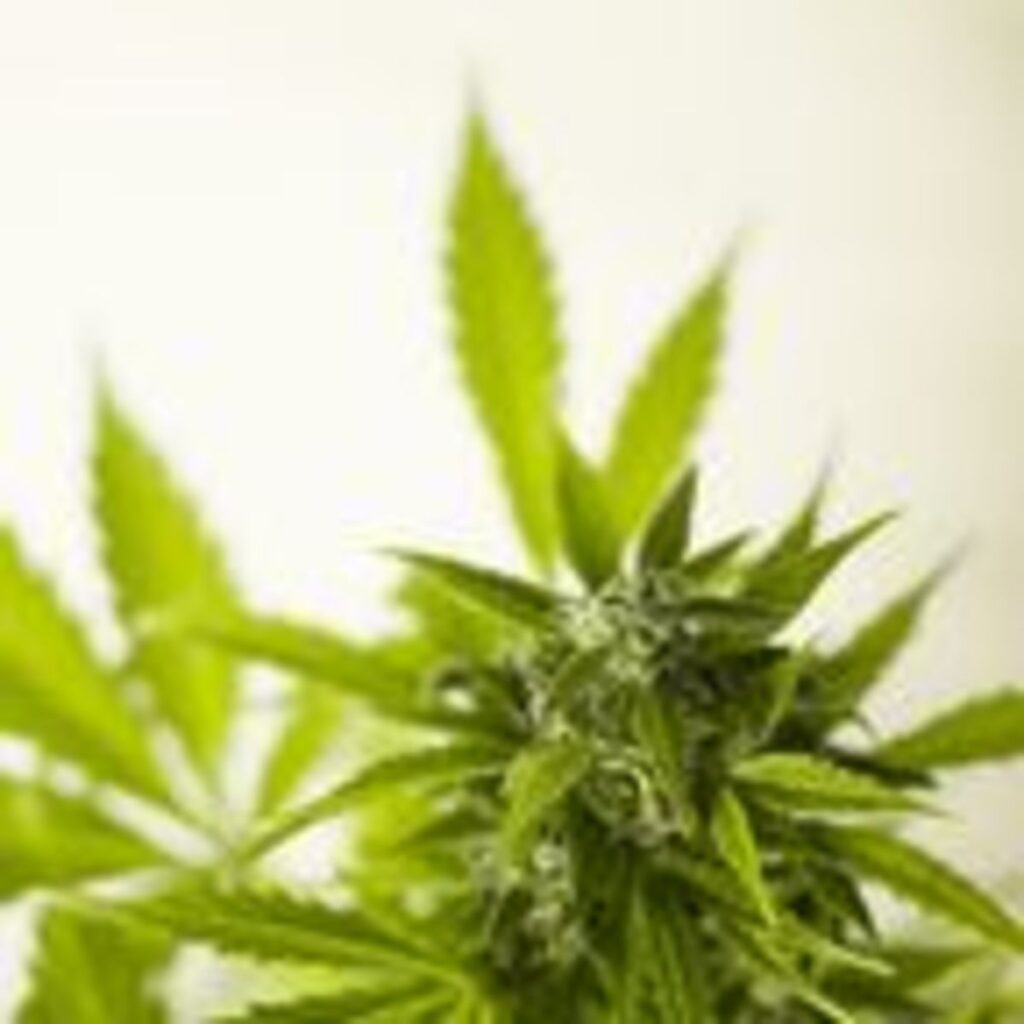Delta-8 and Delta-9 THC are both cannabinoids found in cannabis plants, and while they share some similarities, they also have distinct differences. Understanding these compounds involves examining their chemical structures, effects on the body, and legal statuses. Chemically, Delta-8 and Delta-9 THC are quite similar. Both are tetrahydrocannabinols, meaning they interact with the body’s endocannabinoid system, which plays a crucial role in regulating mood, pain, appetite, and other physiological functions. The main difference between Delta-8 and Delta-9 THC lies in their molecular structures. Delta-9 THC has a double bond on the ninth carbon chain, while Delta-8 THC has this double bond on the eighth carbon chain. This slight variation in structure leads to different interactions with cannabinoid receptors in the brain and body.

Despite these structural differences, Delta-8 and Delta-9 THC produce similar effects. Both cannabinoids are psychoactive, meaning they can alter mood, perception, and cognitive functions. Users of Delta-8 THC often report a milder, more clear-headed high compared to Delta-9 THC. This is due to Delta-8’s weaker binding affinity to CB1 receptors in the brain, resulting in a less intense psychoactive experience. In contrast, Delta-9 THC is known for its more potent effects, which can include euphoria, altered sensory perception, and increased appetite. In terms of medical benefits, both cannabinoids show promise, though research is still limited. Delta-9 THC has been extensively studied and is known to help with pain relief, nausea reduction, and appetite stimulation. Delta-8 THC, while less researched, is gaining attention for its potential therapeutic effects, including anti-nausea properties, appetite stimulation, and pain relief. Some users prefer Delta-8 THC for its purported lower anxiety levels and reduced paranoia compared to Delta-9 THC.
The legal status of Delta-8 and Delta-9 THC varies significantly. Delta-9 THC is a well-known controlled substance under federal law in many countries, including the United States, where it is classified as a Schedule I drug. However, recent legislative changes have led to the legalization of medical and recreational cannabis in several states, allowing regulated access to Delta-9 THC products. Delta-8 THC, on the other hand, occupies a more ambiguous legal space. It is often derived from hemp, which is legal under the 2018 Farm Bill in the United States. However, how strong is delta 9 its legality can vary by state and may be subject to regulatory scrutiny. Some states have moved to specifically regulate or ban Delta-8 THC, creating a patchwork of legal standards. Delta-8 and Delta-9 THC are chemically similar cannabinoids with overlapping effects but differing in their potency and psychoactive profiles. Both offer potential medical benefits, though research is ongoing. Their legal status can be complex and varies depending on regional regulations. Understanding these factors helps users make informed decisions about their use of these cannabinoids.

